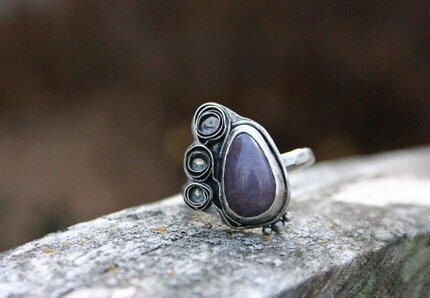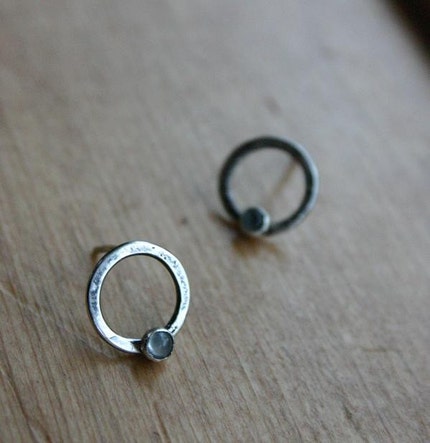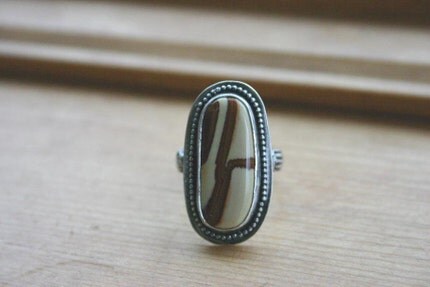This weekend my friend Ruthie wanted to get some advice on starting a business.
Yikes.
Sometimes I feel like I'm flying by the seat of my pants. But when I got to talking to Ruthie I realized I've gone through all the steps and am recognized as a bona fide organization known as a Limited Liability Company. Me? A company? Yes, it's true. And so Ruthie wanted the skinny on how it all began, and what is entailed in the process of starting a business.
I won't bore you with all the details of our afternoon-long conversation, but I must admit she had some very good questions for me. If you're thinking about turning a hobby into a business, here are some things you might want to think about.
1.
When do you decide to make the jump to making your hobby a business? This is a good question. I think the answer is probably different for everyone. My answer: I felt obligated to pay sales tax to the state in which I do business so I applied with the Secretary of State and put in a request to be an LLC. An added bonus: tax exempt status with some stores on supplies and the ability to do business with wholesale suppliers.
2.
What's better, online selling, consignment stores, wholesale customers, or art/craft fairs? Once again, this answer is probably different for everyone. Each venue has pros and cons and the pros depend heavily on what you are trying to sell. I resisted online selling for years because my primary product was candles. I figured people would much rather touch, see, and smell candles in person. I was quite right about that. I do sell candles online, but they are not my main focus. I broadened my line to extend beyond candles, and those items sell much better online.
Consignment versus wholesale? I've done both. I would choose wholesale accounts over consignment stores because they are sure sales. However, your products will have to be sold at a reduced price, usually half of what you would charge retail. Consignment allows you to charge as much as you want and the store owner gets a commission. But your sales aren't guaranteed and a lot of your inventory could be tied up in a store that might or might not sell your product well.
In my estimation, for my business and product, the art/craft fairs are a good bet. I can put a little bit of everything out, make sales without having to pay a commission, and get to hear feedback on my products firsthand from the people shopping. Also, participating in fairs and shows provides great networking opportunities with other vendors.
3.
How hellish is the business side of a crafting business? I can't lie, if you are running a business it is in your best interest to keep impecable records. I manage the record-keeping myself and taxes are handled by Husby, but one could surely hire accountants and tax people to take care of that. I'll confess I've spent hours setting up Excel spreadsheets for sales and expenses and have calculated to the last fraction of a penney the cost that goes into each and every product I make. That may seem hellish to some. For me it took away from production time, but setting up worksheets and doing calcuations in the beginning are worth it for easy bookkeeping throughout the year.
4.
Are you prepared for success? Typically people will fear failure when starting a business, but there is such a thing known as fear of success. What happens if your business takes off beyond your wildest dreams? Do you know what you'll do? Will you expand and hire employees (if you haven't already)? It's not arrogant to speculate huge success, because it, as well as failure, must be considered and plans must be made regarding how you will handle either scenario.
Whether you decide to maintain a hobby or start a business, the main thing I can recommend is to do something you love. I mean, if you're going to do something that wears on you or don't enjoy, you might as well be making money for someone else instead of yourself. One other piece of advice - don't have expectations. Expectations tend to be violated and that only leads to a boatload of disappointment. Take it all as it comes; the bad things will become opportunities and the good things will become motivators.













































